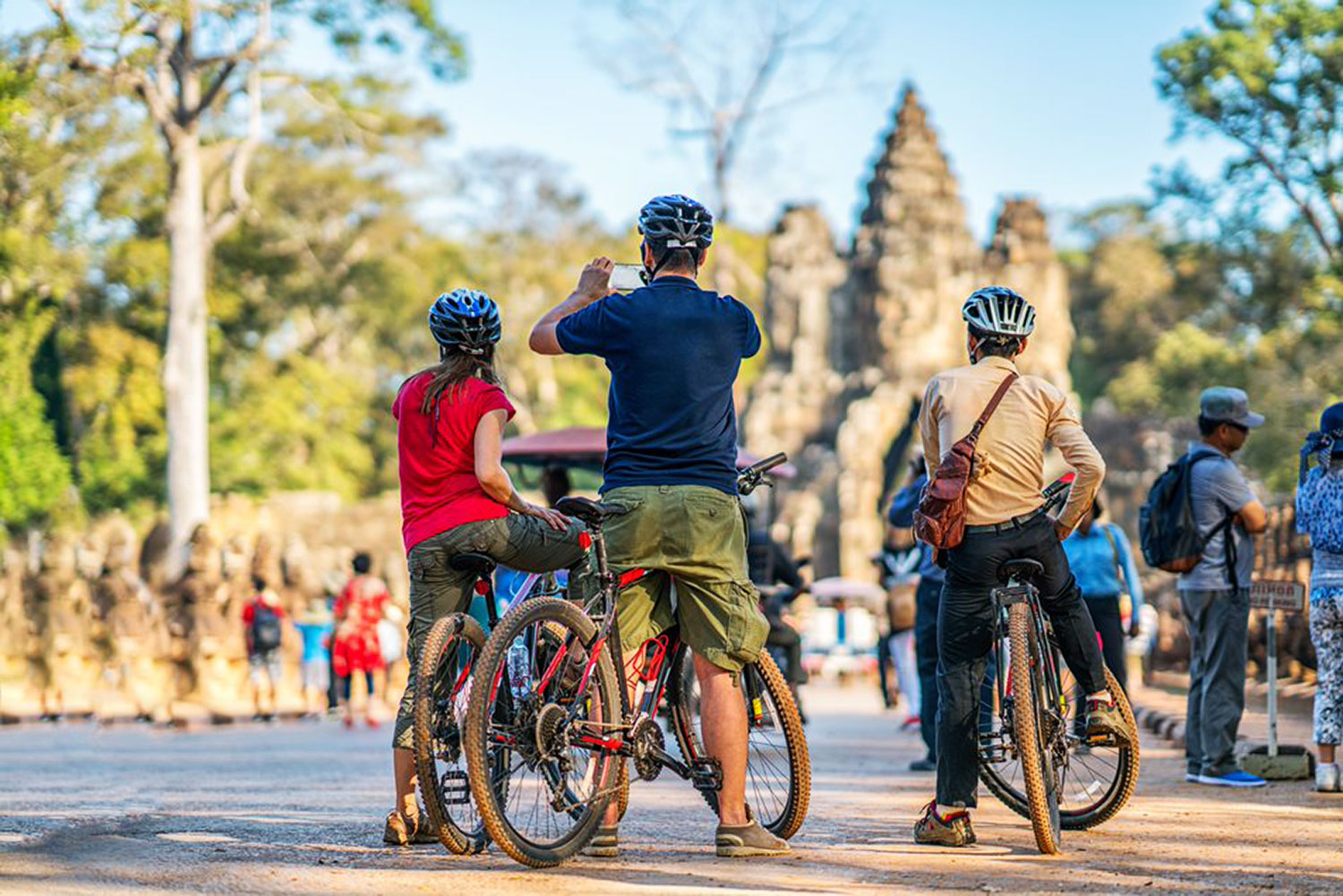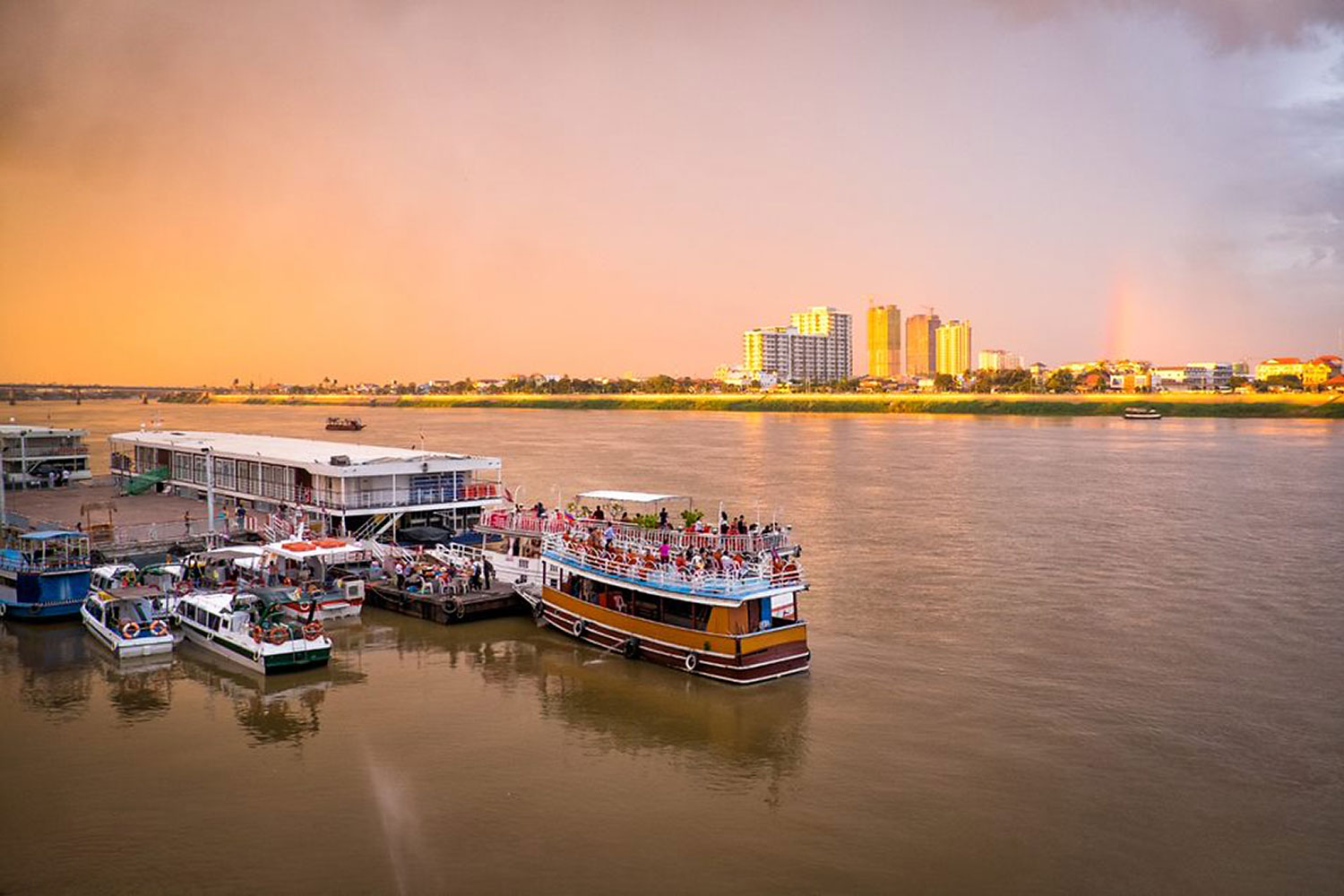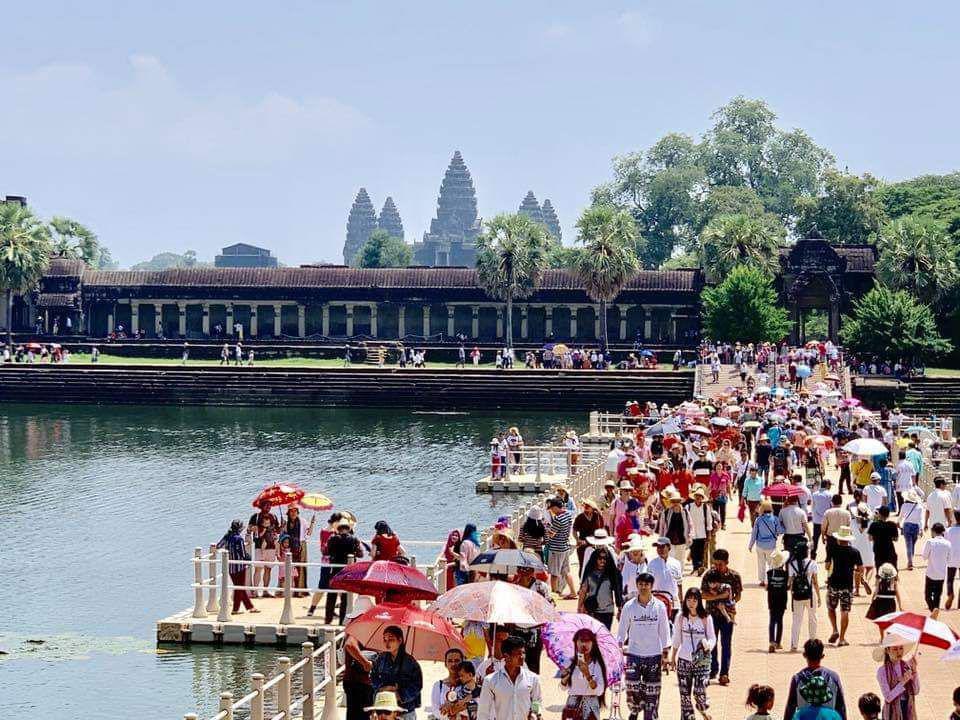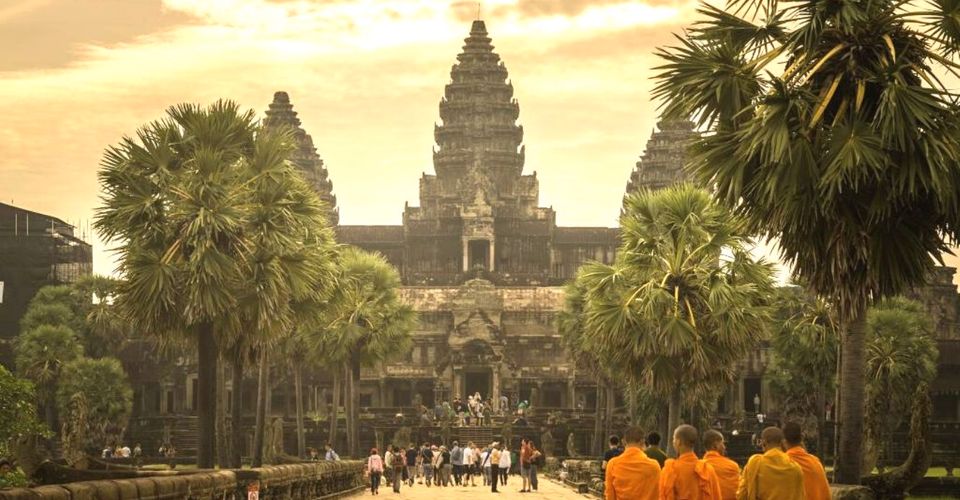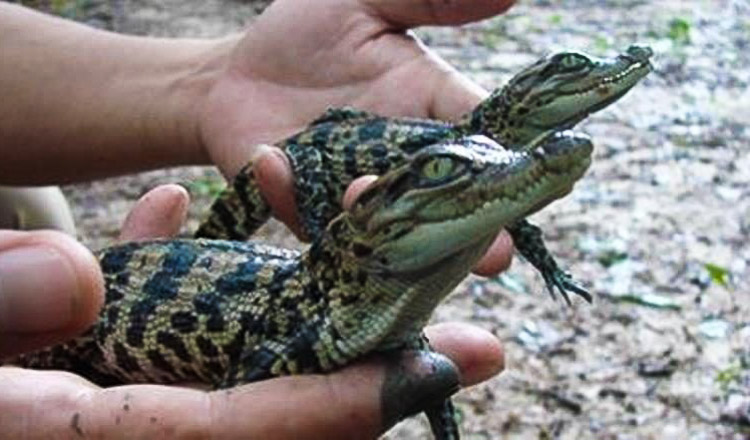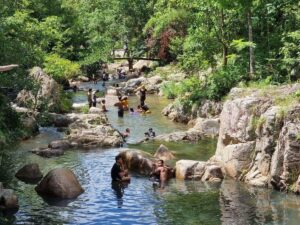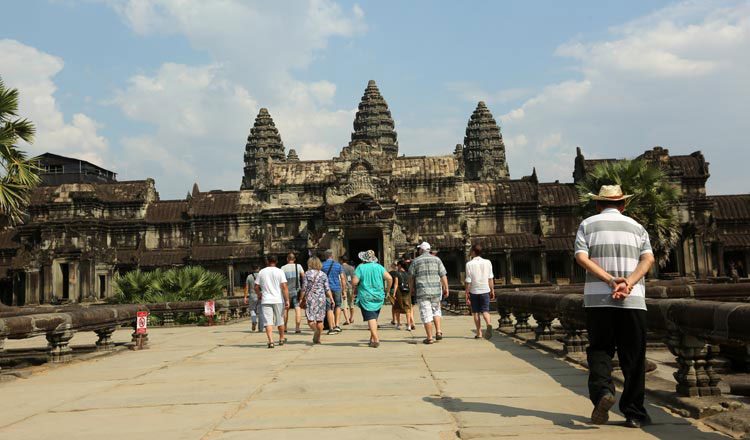Cambodia bolsters tourism sector with tax incentives, emphasises human resource development moving forward
The landscapes, world heritage sites, and hospitality of Cambodia have drawn increasing numbers of visitors in recent years, and at the beginning of 2020, the country was primed to see the continued growth of its tourism sector well into the new decade. Early projections estimated that Cambodia would welcome greater numbers of tourists despite the worldwide economic slowdown, and projected tourism rates were in keeping with the Tourism Ministry’s lofty goal of attracting 11 million tourists annually by 2025.
But the COVID-19 pandemic—though not resulting in any deaths in the kingdom—has dealt a heavy blow to the country’s tourism industry. To overcome the dry spell of travelers this rainy season, the Ministry of Tourism has begun working with partner ministries to incentivize employers and employees in the industry to keep their businesses and trades afloat.
A focus on training Cambodia’s youthful labor force has long been at the top of the Ministry of Tourism’s list of priorities.
The kingdom’s successful “China-ready” Initiative—which for years encouraged businesses in Cambodia’s tourism industry to hire Chinese-speaking staff, translate menus and advertisements, and facilitate payment in yuan—saw the country welcome nearly seven million foreign tourists in 2019, more than a third of whom were from China.
As the numbers dwindled and then stopped while the outbreak took hold around the world, it became clear that much more would be needed for the industry get through the extraordinary challenges and recover its bright outlook.
Beginning in March, the Ministry of Economy and Finance announced several measures to support hotels, guesthouses, restaurants, and travel agents conducting business in Bavet, Kampot, Kep, Phnom Penh, Poipet, Preah Sihanouk, and Siem Reap. Businesses operating in these specified industries and cities have been exempted from paying monthly taxes from March through July of this year, though they are obligated to continue filing tax returns to allow the government to keep track of the sector’s health.
With an eye toward keeping the sector’s trained and experienced hospitality workers, servers, chefs and tour guides economically cared for through this industry-wide slump, officials have noted that employers who receive this tax incentive can choose (but are not required) to pass on their tax savings to the employees themselves, boosting the workers’ monthly salaries.
The Cambodian government has also committed to paying approximately 20% of the minimum wage to employees affected by the suspension of their employment due to the cessation of tourism-related business operations in 2020. Employers are expected to contribute additional funds to employees’ monthly payments if they are economically able. Though the Tourism Ministry originally required that all employees receiving this payment attend a mandatory training session, this requirement has since been suspended.
Additional measures taken by the government include the deferral of tax on income payments for 2019, which can be made in instalments through November this year, and a commitment by the Department of Taxation to forego auditing many affected businesses through the end of 2020.
These initiatives are a boon to the thousands of businesses and hundreds of thousands of employees facing economic strife due to COVID-19. At the outset of the year, approximately 650,000 employees worked in the country’s hotel industry alone, according to the Cambodian Hotel Association. While this number has declined, the hope is that these employees—many of whom have undergone extensive training and spent years working in the industry—will be drawn back to the sector as soon as tourism begins to flourish again.
And even in the face of the pandemic, Cambodia is making strides to promote tourism in a post-COVID-19 world. In early June, the government reiterated its commitment to signing a memorandum of understanding with Timor-Leste that will focus on developing new tourism products and promoting additional training for employees in the industry. Though projections for tourism growth have had to be altered, the kingdom expects to preserve the tourism sector by reallocating resources and further investing in skills-based training across the industry.
Human resource development doesn’t start and end with employee training—it also entails training future leaders of the country who could themselves one day be faced with keeping businesses afloat in times of crisis. This goal was recently aided by an infusion from Japan’s Official Development Assistance Grant, which, on June 7, pledged USD 3.2 million in human resource development scholarships for young government officials keen on attending graduate school in Japan.
In late June, at a public discussion on the post-COVID-19 economy, officials and entrepreneurs emphasized sustaining job creation and further marrying the tourism industry with high-tech initiatives and training. “We must be bold in our strategic vision,” David Van, a local entrepreneur, told a local newspaper at the event, “and start planting seeds, with our vision set 10 to 20 years on the horizon.”
While it remains to be seen whether these and other actions of the Cambodian government will be enough to revitalize the country’s tourism industry after the severe blow of COVID-19, it is encouraging that human resources concerns—such as the economic survival of the workforce and the retention of well-trained, experienced employees—are not being overlooked in the crisis response. Bangkok Post

